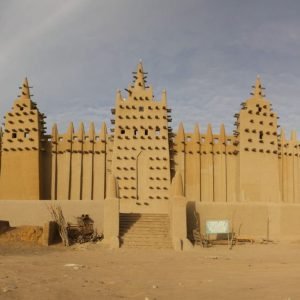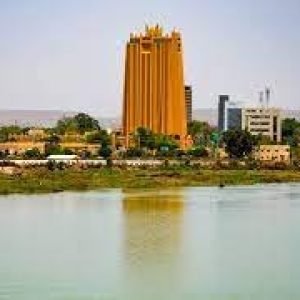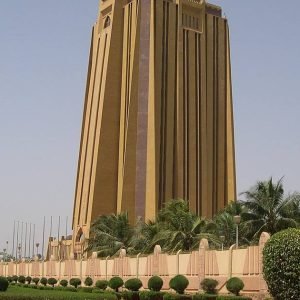Mali is a country located in West Africa, renowned for its rich history, vibrant culture and diverse landscapes. Whether you're interested in exploring historic sites, discovering traditional music or immersing yourself in the daily life of Malians, Mali offers a multitude of authentic experiences.
Bamako is the capital and largest city of Mali. It's bustling with colorful markets, restaurants and cultural sites. You can visit the Marché de Bamako, where you'll find a variety of local crafts and products, or explore the city's many museums, such as the Musée National du Mali.
Lali is home to a number of important historical sites. Timbuktu, located in the north of the country, was once a vital intellectual and commercial center for trans-Saharan trade. You can visit Timbuktu's old town and explore its ancient libraries and mosques. Djenné is another remarkable historic town, famous for its great banco mosque, a UNESCO World Heritage Site.
Malian culture is rich and diverse. Malian music is particularly renowned, with artists such as Salif Keita, Ali Farka Touré and Amadou et Mariam. You can attend live concerts at popular venues in Bamako, or visit the Festival des Musiques du Monde in the town of Segou, held every February.
Malian cuisine offers a delicious variety of dishes. Mafé (meat stew with peanut sauce) and chicken yassa are popular dishes to try during your stay in Mali.
It is important to note that Mali has experienced security problems in certain regions, particularly in the north of the country. It is therefore essential to keep abreast of the latest information and to follow the travel advice issued by the relevant authorities.
In short, Mali is a West African country rich in history, culture and diverse landscapes. Explore historic sites, listen to traditional music, sample Malian cuisine and engage with the local population for an authentic experience. Be sure to plan your trip carefully and take into account safety requirements for a safe and enjoyable stay in Mali.




